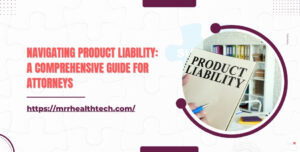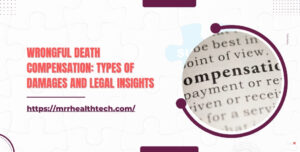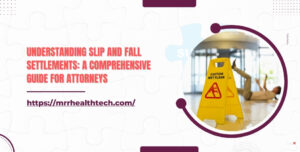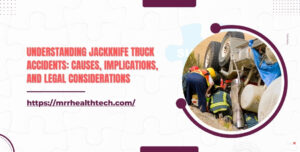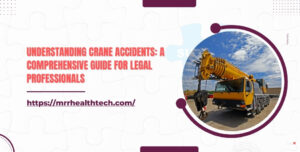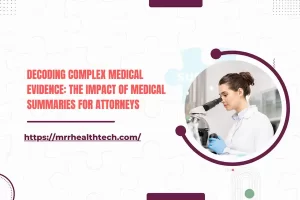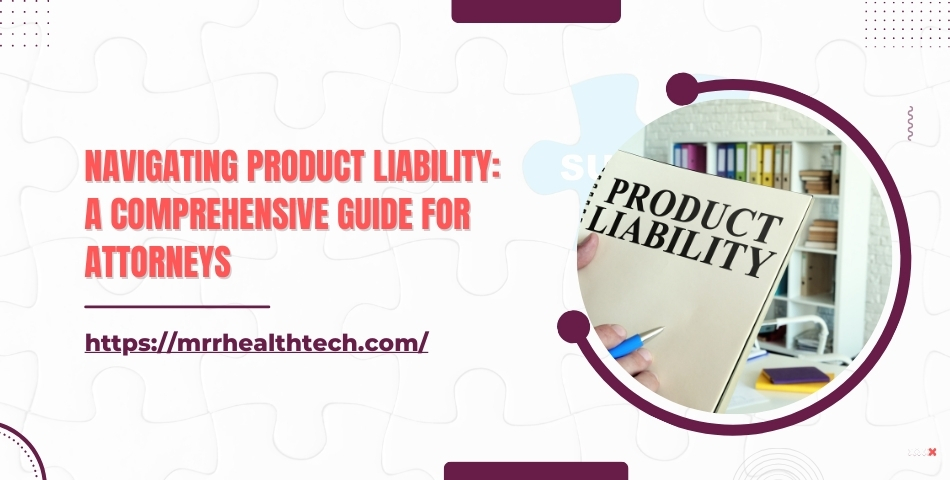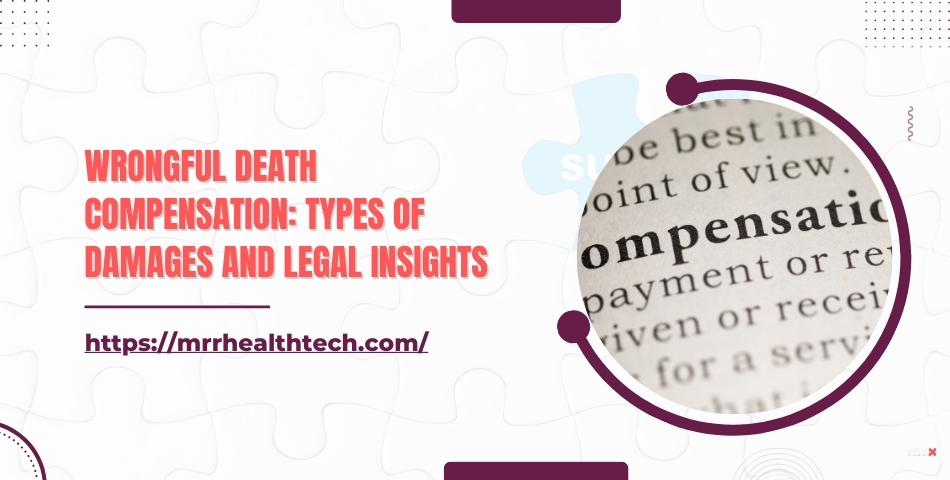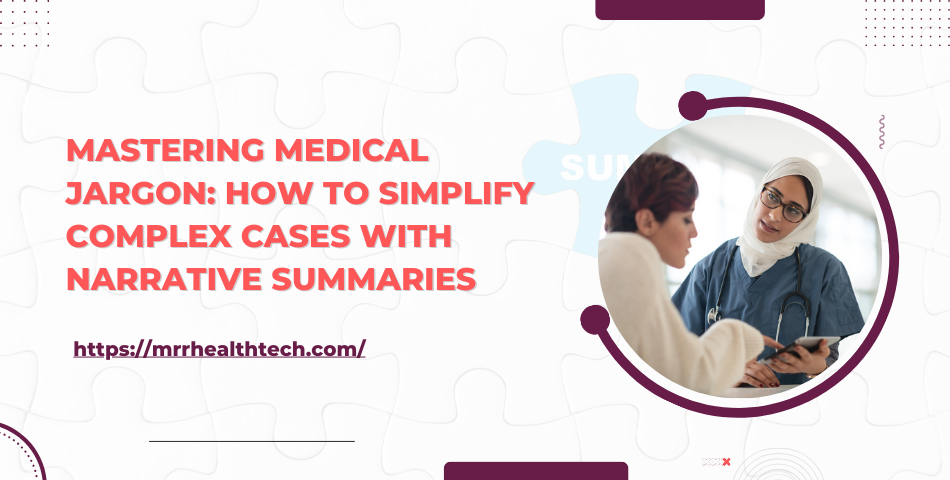
Introduction
Communication that is easily understood in the medical profession is necessary. The use of medical terminology often results in misinterpretations, and it complicates understanding. Medical language is a specialized vocabulary used in medicine to communicate effectively. It allows those working in the healthcare industry to clarify complex medical information. Medical narrative summaries solve this problem, by making complex cases more understandable.
Writing Clear and Concise Medical Narrative Summaries
When writing medical narrative summaries, it is important that you are accurate and brief. Therefore, all pertinent medical information needs to be presented clearly and without unnecessary elaboration or evasive statements. Here are some key writing techniques for creating clear medical narratives:
• Use Simple Language: Do not use complicated words; if you must use jargon, explain it briefly.
• Be Specific: To avoid being misunderstood provide specific details such as dates, symptoms, diagnoses, treatments, and outcomes.
• Maintain Objectivity: Stick to reporting what happened instead of giving your opinion.
Guidelines for Structuring Your Summary
It is also important that you structure your summary in a way that can be easily understood. Here are some guidelines to help you with that:
Chronological Order: Start at the earliest relevant event and continue in time-based order.
Section Headers: Such as Medical History, Diagnosis, Treatment Plan or Outcome can help organize the content accordingly.
Bullet Points: Use highlight bullet points or numbered lists where applicable for quick reference purposes only.
By following these guidelines professionals can create a concise but comprehensive narrative that enhances understanding for both healthcare practitioners and patients alike.
The Power of Narrative Summaries in Complex Medical Cases
The power of narrative summaries becomes apparent through an example from real real-life situation whereby one patient had multiple chronic diseases that re-exacerbated him/her acutely. The case was too intricate thus requiring extra time for health care providers to understand what exactly happened to the patient’s previous medical history and the current state of his or her health.
The narrative summary provided:
- Chronological medical history detailing previous treatments, medications, and interventions.
- Laboratory test findings organized by date.
- Treatment timeline outlining responses to various therapies.
With this comprehensive yet concise report on the overall condition of the patient’s health for a given period, doctors can make decisions immediately that can improve their practice outcomes.
Extending the Use of Narrative Summaries in Legal Contexts
Concise data on medical issues is extremely important when handling legal cases. It allows lawyers to get a grasp on complicated patient histories; therefore, narrative summaries are vital tools during depositions, trials, and evaluations. These summaries are prepared by medico-legal consultants and show a clear sequence of events that may be necessary for some cases like malpractice. This clarity aids in establishing causation, simplifies decision-making processes as well as helps courts argue effectively.
Here are some specific ways in which narrative summaries can be beneficial in legal contexts:
- Depositions: Narrative summaries that would streamline the questioning process
- Trials: They provide coherent storylines that juries can easily follow
- Case Evaluations: They give comprehensive overviews to assess case viability
Conclusion
Healthcare workers need to use narrative medical summaries for them to improve communication and understanding among themselves. These strategies make complex cases easier to understand both for patients and legal professionals who might want access to them as well. By employing storytelling techniques in its operations, the healthcare industry will:
- Increase clarity
- Improve decision-making processes
- Eventually produce better results
By embracing these methods, we foster an open environment where everyone benefits from improved care. Patient-centered healthcare ensures better outcomes all around.
Don’t let medical jargon hold you back. Simplify complex cases with our narrative summary
Try MRR Health Tech’s Narrative Summaries
We are the team that always tries to care that the Medical Narrative Summary should always lead the proper case guidance with the most consistent formatting. It facilitates attorneys to evaluate a case easily in terms of focusing on the prioritized aspects of allegations in a running or completed medico-legal trial.
FAQs (Frequently Asked Questions)
What is the purpose of medical jargon in healthcare communication?
Medical jargon serves to provide a specific and concise language for healthcare professionals to communicate complex medical concepts and information effectively.
Can you provide an example where a medical narrative summary played a crucial role in comprehension and decision-making for a complex medical case?
Certainly. In the case study provided, a real-life example demonstrates how a well-crafted summary significantly contributed to improved comprehension and informed decision-making in a complex medical case.
How can narrative summaries be utilized in legal proceedings such as depositions, trials, and case evaluations?
Narrative summaries can provide medico-legal consultants with concise medical information essential for legal proceedings, including depositions, trials, and case evaluations, thereby facilitating efficient communication and understanding.

